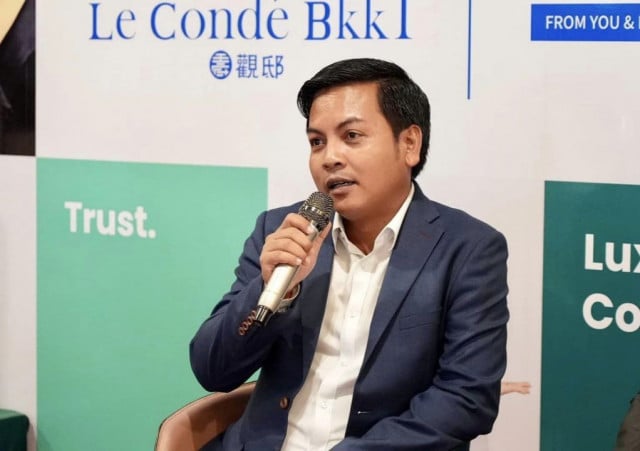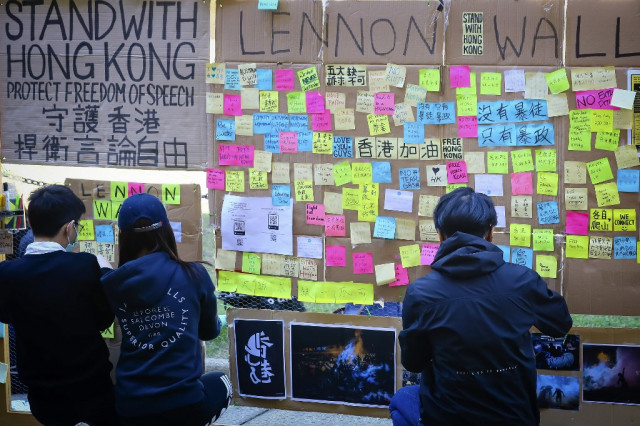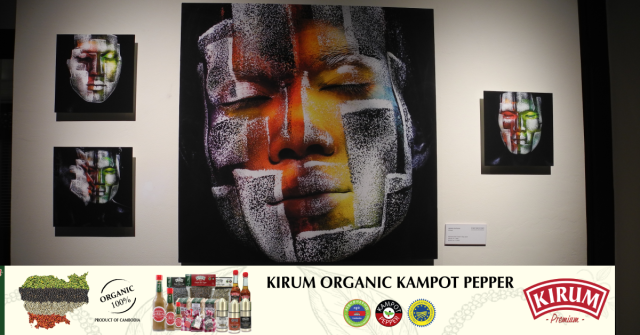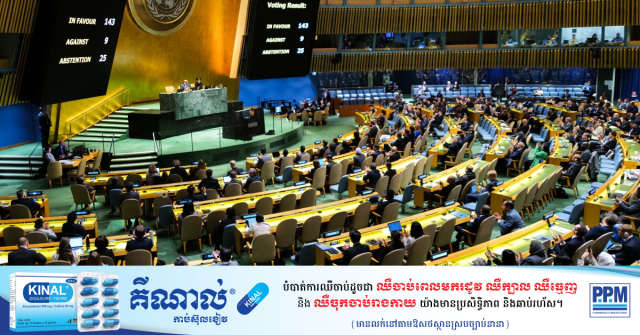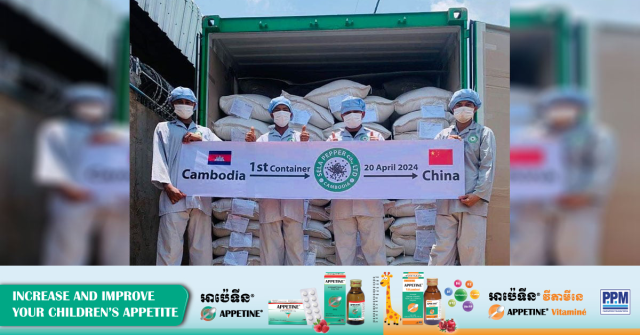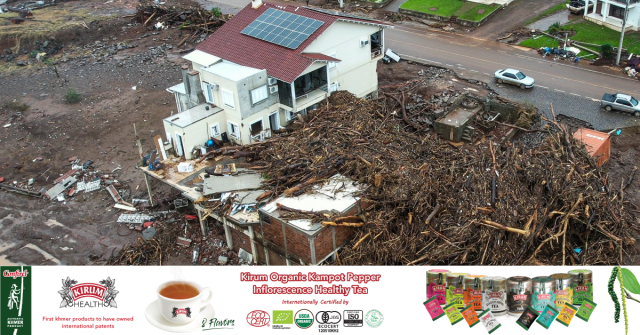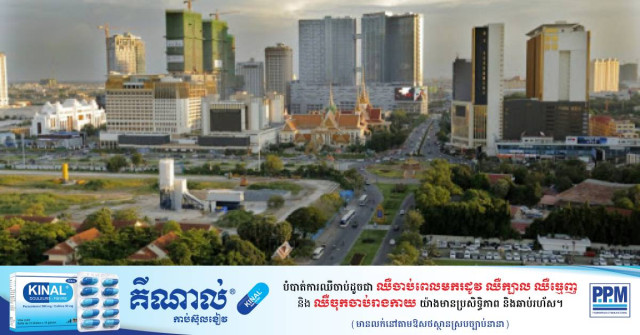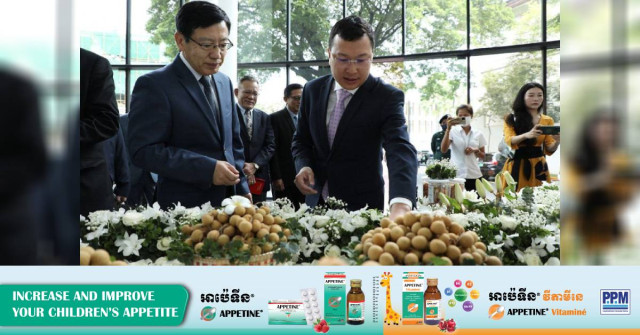Education as Empowerment: My Volunteer Journey with Cambodian Children

- By Shinyoung Park
- May 1, 2024 2:10 PM
I asked Kyle, a Cambodian boy, “Now, can you answer this question?” Kyle was eight years old yet had little knowledge of basic arithmetic concepts such as addition, subtraction, multiplication, and division.
At that time, I was in grade 10, serving as a math tutor during my volunteer activities in Cambodia in 2014. Only upon arriving in the country did I realize the scope of young Cambodians’ deprivation in terms of educational opportunities, a lasting impact of the French colonial era. What this deprivation means is many children, like Kyle from Cambodia, are consistently lagging far behind in their education for a number of reasons, including a lack of preparation for school, experiencing poor quality teaching and learning, and attending school on an irregular basis. These challenges eventually give rise to many of them dropping out altogether.
After mumbling for a few seconds, he burst into tears, which left me embarrassed and somewhat guilty. I took him out of the room, and we got lost in conversation. He confessed to me that he had little exposure to math in his Phnom Krom Suwon village and asked me why he had to learn something he would not need in real life. Then, I talked to him about how mathematics helped me navigate my daily life and introduced him to a quotation by Malcolm X, “Education is the passport to the future,” adding that we never succeed in life without adequate preparation. However, the definition of education eluded Kyle and studying math was his nightmare because the light of hope had disappeared for him, and education was the last thing he thought he would need.
To address this, I tried to empathize with his circumstances. To Kyle, math was a mixture of random numbers and complex symbols. In the hope of familiarizing him with math and piquing his interest, I visualized the abstract concepts of numbers and calculations in the form of familiar cartoons and fairy tales. My goal was to cultivate his math skills through play-based interactive learning rather than simple problem-solving.
For example, I embodied multiplication, a basic arithmetic concept, in a fairy tale entitled “A Kingdom Enchanted with Multiplication,” and I applied the magic of multiplication to real-world settings. I used a magic that reduces bread by 1/3 to explain fractions as a concept and asked Kyle to conceptualize anything he wanted to reduce and apply the shrinking magic of multiplication. To help him understand the concept of zero, I told him that a wizard would disappear if multiplied by zero.
Kyle gained an increased interest in math, and by the time I left Cambodia, he even spoke of his strong desire to follow in my footsteps, engaging in education service activities. At that time, I had mixed feelings; while I felt rewarded when I saw Kyle include education in his definition of future success, I felt sorry about his nation’s poor educational system, which goes beyond Cambodia. There are still many children around the world who lack the right to education due to poverty, prejudice, and social vices, forcing many to discontinue their education, without which they lose hope for their future.
Now, many people can assume that integrating real-life applications into foundational courses such as mathematics not only engages children like Kyle but also fosters their overall interest in education. Indeed, tailoring educational content to the specific needs and contexts of children from diverse backgrounds can make learning more relevant and effective. To make significant advances in education, most teacher educators emphasize the importance of pedagogy of teacher education and research knowledge.
To bolster the local knowledge system and address these educational challenges, it is crucial to enhance the training of teacher educators through established training programs. Additionally, elementary education must prioritize fundamental skills like literacy and numeracy to lay a solid foundation for future learning. In retrospect, I received more than I gave in this relationship with Kyle; I taught him math but he taught me invaluable lessons that cannot be conferred in formal education. Learning should not only impart knowledge but also secure future prosperity.
My sincere hope is that students around the world who have trouble affording education, such as Kyle, can define their futures for themselves and live out their aspirations. I am looking forward to founding and leading a non-profit organization that embodies the ideal of ‘where the dreams are made of.’
Shinyoung Park is currently a junior student pursuing a degree in political science at Columbia University. Her global perspective has been significantly influenced by her experience as a volunteer worker in Cambodia. During her time there, she witnessed the immense educational challenges that children face due to historical and socio-economic disruptions.








